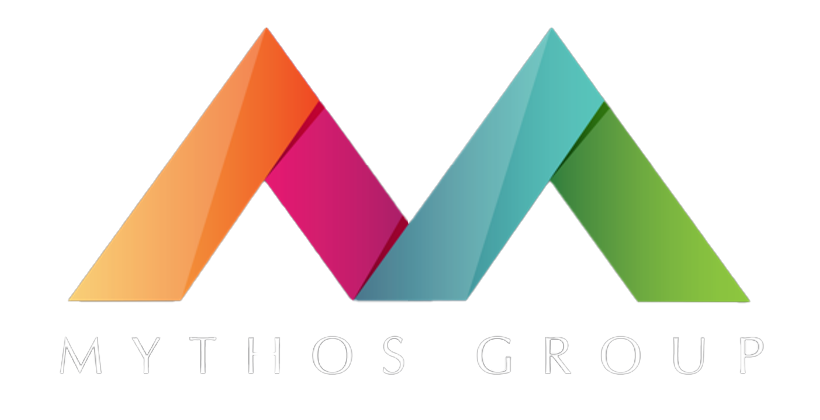We’re all trained to seek the status of expert. In business and in our hobbies and personal pursuits, we strive to gather the knowledge and skills needed to be dubbed a pro.
When we reach the status of expert, we enjoy sharing our lessons and insights with all who need them. We mentor the next generation by sharing our expertise and perspectives.
For a time, our expertise can fuel success. Over time, it’s that very expertise that often becomes a problem.
Premature Closure
The biggest problem in learning is called premature closure. That’s when our minds believe we know everything and close to new lessons or experiences.
When we begin to see ourselves as experts, we often cease to learn new things, seek new perspectives or need new options. We base our assumptions on what we know from yesterday’s experiences, failing to embrace the changes inherent in our markets and customers.
That’s when expertise becomes the gravity that crashes a product line, a division or an entire organization.
When we begin to see ourselves as experts, we often cease to learn new things, seek new perspectives or need new options.
Dynamic Expertise – Fueling 21st Century Success
We can and should leverage our expertise. Expertise forms the basis of our intuition, thought processes and personal knowledge base. We need those tools to be successful leaders.
The key in today’s dynamic marketplace is to constantly update and check our expertise with the new discoveries and changes within our markets.
Here are 3 simple steps to check your expertise and expand your knowledge.
1. Prove you’re wrong.
We’re all programmed to seek the evidence that proves we’re right about our expert assumptions. Instead, look for evidence to prove yourself wrong. You’ll find new lessons, improve your assumption and even save yourself time and money if you’re not as right as you thought you were.
2. Start with a Blank Whiteboard.
Instead of going back to last year’s expertise, plan or process, begin with a blank whiteboard. Then add the current market trends and changes you see as important. Then add your prospects’ and customers’ key requirements and shifts. Be sure to include a few folks in your discussions who have different perspectives and experience bases than you do. Then, and only then, use all of your collective expertise to bring the dots together.
3. Question old news, find new sources.
We fall into patterns of information gathering. Those top favorite customers who are your friends often mold our expertise and beliefs. So do our friends who’ve worked in our business forever, our partners who’ve lived through tough times with us. The challenge is that we end up surrounding ourselves with others who drank the same Kool-Aid. That’s why it’s important to find new sources of information and expertise, within and outside of your industry. Fresh perspectives can and will expand and update your expertise.
The Bottom Line
It’s human nature to assume we’re right, to rest in the knowledge of our lessons learned, skills developed and hard earned credibility. And that’s okay!
Those lessons, skills and credibility form the foundation of our position as leaders.
When we add the ability to continuously seek new knowledge, update our skills and broaden our horizons, we take our expertise to the next level, and the next and the next.
As your expertise expands, so will your results.

